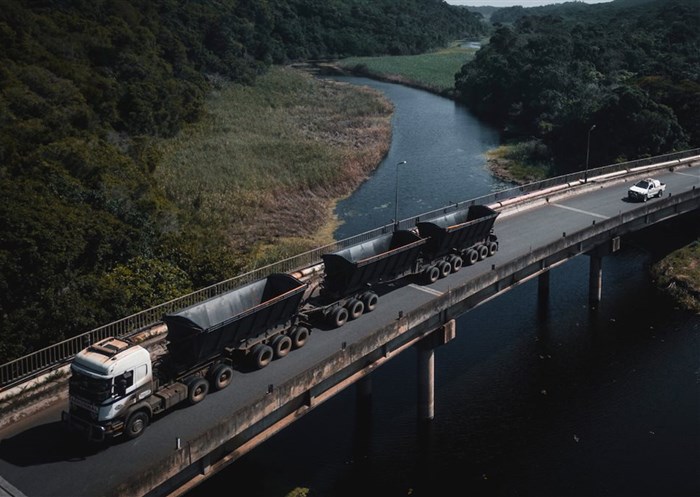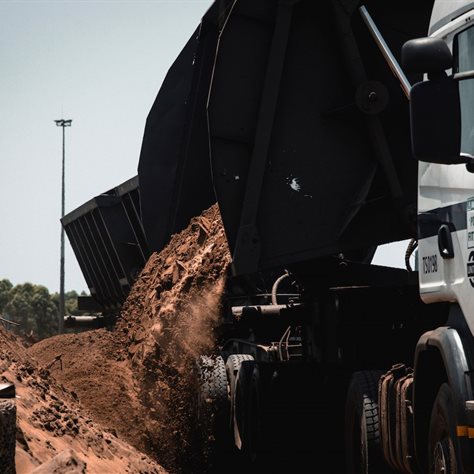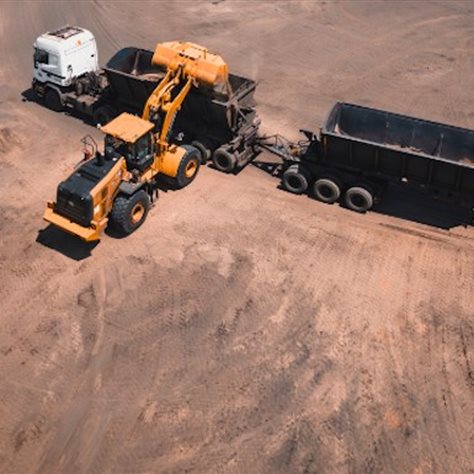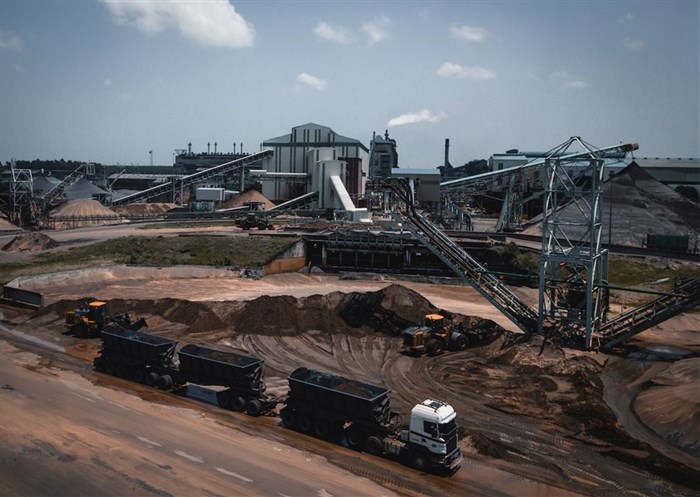As leaders in the mining industry, we are witnessing a significant change pushing us to improve transportation, safety, and environmental sustainability. Using performance-based standards (PBS) vehicles is a big part of this change, stirring up essential discussions in our field. These vehicles are quickly gaining traction in the mining industry as service providers increasingly acknowledge their benefits while effectively managing any challenges that may arise.
PBS vehicles bring a myriad of advantages to the mining sector. Customised designs tailored to specific operational requirements enable enhanced payload capacity, reducing the number of trips needed for transportation. This translates into cost savings and minimises the environmental footprint associated with fuel consumption and emissions. This improved efficiency in transporting bulk materials contributes to a streamlined supply chain, ensuring timely deliveries and sustained production.
Safety is another cornerstone of PBS vehicles that offer enhanced features, such as advanced braking systems and stability controls, which are crucial in the often challenging terrain of mining operations. These vehicles provide better stability and manoeuvrability with their advanced engineering and technology. The increased focus on safety standards aligns with the mining industry's commitment to fostering a secure working environment. Reduced wear and tear on roads due to fewer trips and better weight distribution further enhance overall safety in transportation.
However, as with any innovation, the technology must be carefully considered appropriate to the requirement. As PBS vehicles require a higher initial investment, one of the key challenges lies in the financial barrier it poses for adoption. This investment can be significant, potentially deterring some companies, notably smaller mining houses, from embracing the technology. The customisation and advanced features demand a higher upfront cost, making it crucial to balance the long-term benefits and immediate financial constraints, to ensure widespread adoption.
Another important consideration when opting for PBS vehicles is the necessity for comprehensive training programmes for both drivers and maintenance staff. The sophisticated technology and unique handling characteristics require a skilled workforce to operate and maintain these vehicles effectively. Failure to invest in proper training could lead to operational inefficiencies and compromise safety standards.
While adopting PBS vehicles involves both opportunities and challenges, it represents a pivotal step towards a more sustainable and efficient future for the industry. Choosing supply chain service providers, like Unitrans, with a strong understanding of the mining sector is paramount. These providers can effectively navigate challenges and deliver tailored solutions to meet their clients' needs. By partnering with knowledgeable and experienced professionals, mining companies can ensure the successful integration of PBS vehicles and maximise the benefits they bring to the industry.















































